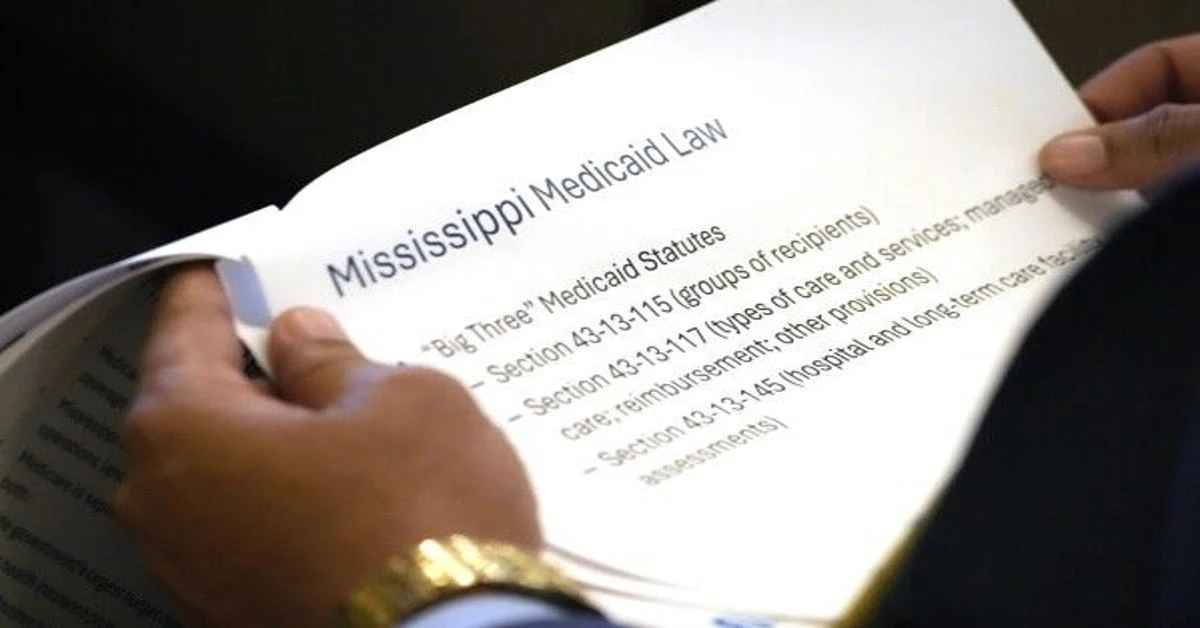Medicaid Estate claims shock bereaved American families

States reclaim Medicaid costs from the estates of deceased beneficiaries, leaving American families struggling with unexpected financial and legal challenges
The anguish and uncertainty faced by American families due to the Medicaid estate recovery program has been brought to the forefront by cases like Salvatore LoGrande’s, as reported by the Associated Press (AP).
Following his death, his family was shocked by a $177,000 bill from Massachusetts’ Medicaid, claiming their family home.
Federal law mandates that states recoup Medicaid expenses from the assets of deceased beneficiaries.
This applies particularly to those over 55 who relied on Medicaid for long-term care, including nursing home stays and in-home health care.
Sandy LoGrande, 57, found herself entangled in a legal battle after Massachusetts sought to claim her father’s house posthumously, a situation she describes as dishonest. The state later released its claim on the house.
This recovery process is not uniform across the United States. A 2021 report by the Medicaid and CHIP Payment and Access Commission reveals significant variations in states’ approaches.
For instance, some states, like Alaska and Arizona, pursued only a few properties, while New York and Ohio recovered over $100 million combined in a single year.
The case of Imani Mfalme in Tennessee mirrors LoGrande’s. After her mother died in 2021, Mfalme was faced with a $225,000 bill from Tennessee’s Medicaid office, which is now seeking a court order to force the sale of her mother’s house.
Critics of the program argue that it recovers a meager portion – roughly 1% – of Medicaid’s annual long-term care expenditure, which exceeds $150 billion. They also point out the program’s potential to exacerbate wealth disparities and intergenerational poverty.
Democratic Rep. Jan Schakowsky of Illinois has reintroduced legislation to end the federal mandate for estate recovery, criticizing it as “cruel” and “ineffective.”
However, the bill faces an uphill battle in a divided Congress.
The program’s architect, Stephen Moses, now acknowledges its shortcomings. Initially intended to encourage personal savings for long-term care, it appears to have placed an unforeseen burden on families, threatening their homes and financial stability.
As debates continue, the real-world impact of this decades-old mandate continues to affect American families, forcing many to confront the harsh reality of losing their homes in the wake of seeking essential medical care.
Source: Newsroom



